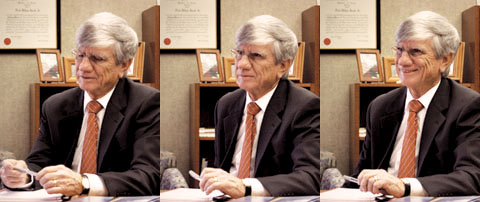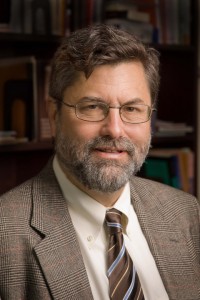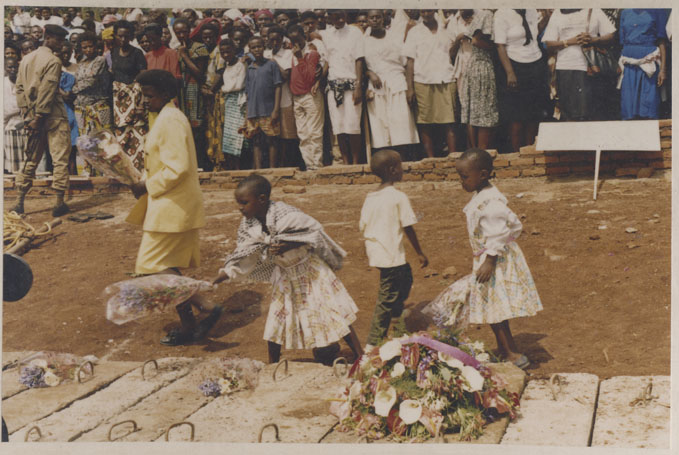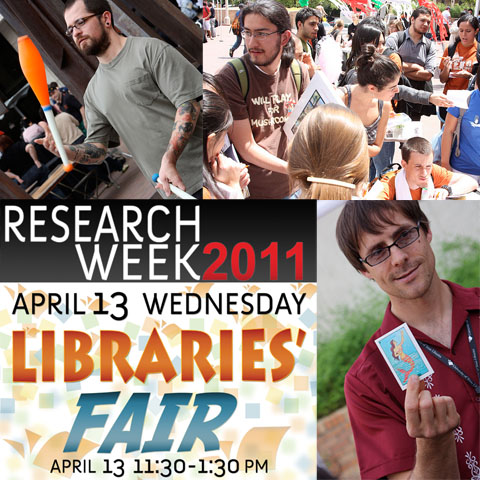
Before Dr. Fred Heath joined the University of Texas Libraries as Vice Provost and Director, he had spent several years at Texas A&M with a team of faculty and research professionals developing and honing an assessment tool called LibQUAL+™. With a certain degree of prescience, his earlier work has given the Libraries a leg up in dealing with the economic downturn.
Dr. Heath took some time to discuss his experience and perspective on the vital role of assessment in building a library.
So, why do assessment?
Fred Heath: I think this pressure for accountability has always been part of the public sector where it’s really hard to measure bottom lines. If you’re going to succeed in advancing your program then you are going to have to have some structure that relates investments to outcomes, and there aren’t many tools to measure our “profits and losses” in the public sector. For several years we’d been searching and we found a tool called SERVQUAL that was used with great success in the private sector, and we also had a great relationship with the developers of that tool. We started noodling there, and it grew.
There were three young professors in the College of Business at Texas A&M – assistant professors at the time they started developing SERVQUAL – who needed a research protocol, and grew it into, perhaps, the most significant user satisfaction survey in that sector. It applied to everything from aircraft companies, to insurance, to restaurants. And one day we visited with the professor who was still there – the other two are now employed elsewhere around the world in higher education – and asked, “Do you think we can redirect SERVQUAL to the not-for-profit sector, specifically to education, and then even more specifically to libraries?” And we were really cautious, because it was a shameless emulation of what those three researchers were trying to do, but he was hugely supportive, open to the idea, and, in fact, all three of those developers have lent time to us over and again to help us build the tool that LibQUAL+™ became. Without them, without that beginning, I doubt we would’ve had the perspective and background ever to get it launched.
How important was it for the development of LibQUAL+™ to have faculty members as part of the development team?
FH: We could never have done this without the methodologists and the economists and the statisticians that we had on our side. And we, ourselves, were faculty in our own specialties, but not those skill sets. It was bringing all of those tools, all of that commitment, an emerging awareness of survey protocols in a nascent Web environment…we’d had no clue how we’d plan to do this on paper, and one of the methodologists said, “You know, I think we can do this on the Web pretty soon.” So, it took a village to build it; it took many different types of faculty to make it happen. Continue reading Heath Talks Assessment in Austere Times →







